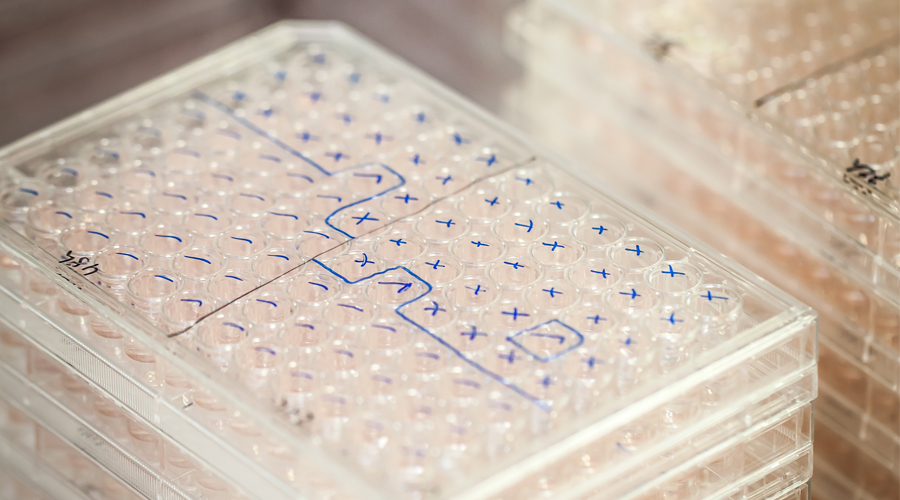Team led by Prof. Pietschmann receives around 700,000 euros from the Volkswagen Stiftungfor RSV project:
New approaches and new substances are needed in the fight against infectious diseases. This has been shown evidently by the coronavirus pandemic. In response to the emergence of SARS-CoV-2, the Volkswagen Stiftung has launched the funding initiative “Innovative Approaches in Antiviral Drug Development” back in 2020. Recently, the foundation has announced more then ten projects that will be funded with a total of 6.6 million euros.
Prof. Pietschmann, Director of the Institute for Experimental Virology at TWINCORE and Professor for Experimental Virology at MHH, is coordinating one of them. Together with Prof. Hirsch, Helmholtz Institute for Pharmaceutical Research Saarland, Prof. Hansen, MHH Clinic for Paediatric Pneumology, Allergology and Neonatology, and Prof. Krey, Institute for Biochemistry at the University of Lübeck, he will be optimizing new inhibitors against the respiratory syncytial virus (RSV) over the next 15 months. The researchers are all in the RESIST team and they will receive a total of about 700,000 euros for the project called OPTIS (Optimization of novel Respiratory Syncytial Virus-inhibitors by multi-parametric profiling).
RSV causes severe respiratory infections, especially in young children, and is the most common cause of hospitalization in the first two years of life. An effective antiviral therapy does not yet exist. In its own preliminary work, the research team has already identified some promising candidates for antiviral agents. Together with the company ENYO Pharma, these molecules and others, which were discovered by ENYO Pharma, will now be structurally and chemically optimized, in order to makethe development of resistances more difficult in the case of virus mutations. Such industrial cooperation is an integral part of the funding initiative, that the developability is factored in from the beginning unlike in purely basic projects.
“The new OPTIS project helps to find new active substances to treat seriously ill people. It thus complements our RESIST project on RSV, in which we are investigating which genetic factors lead to severe RSV infection – with the long-term goal of using this knowledge to develop new diagnosis, prevention and treatment methods,” says Prof. Pietschmann.
Text: Jan Grabowski, TWINCORE
The photo shows a stack of 96 well plates in a lab. Picture credit: © Fotostudio Pietschmann

